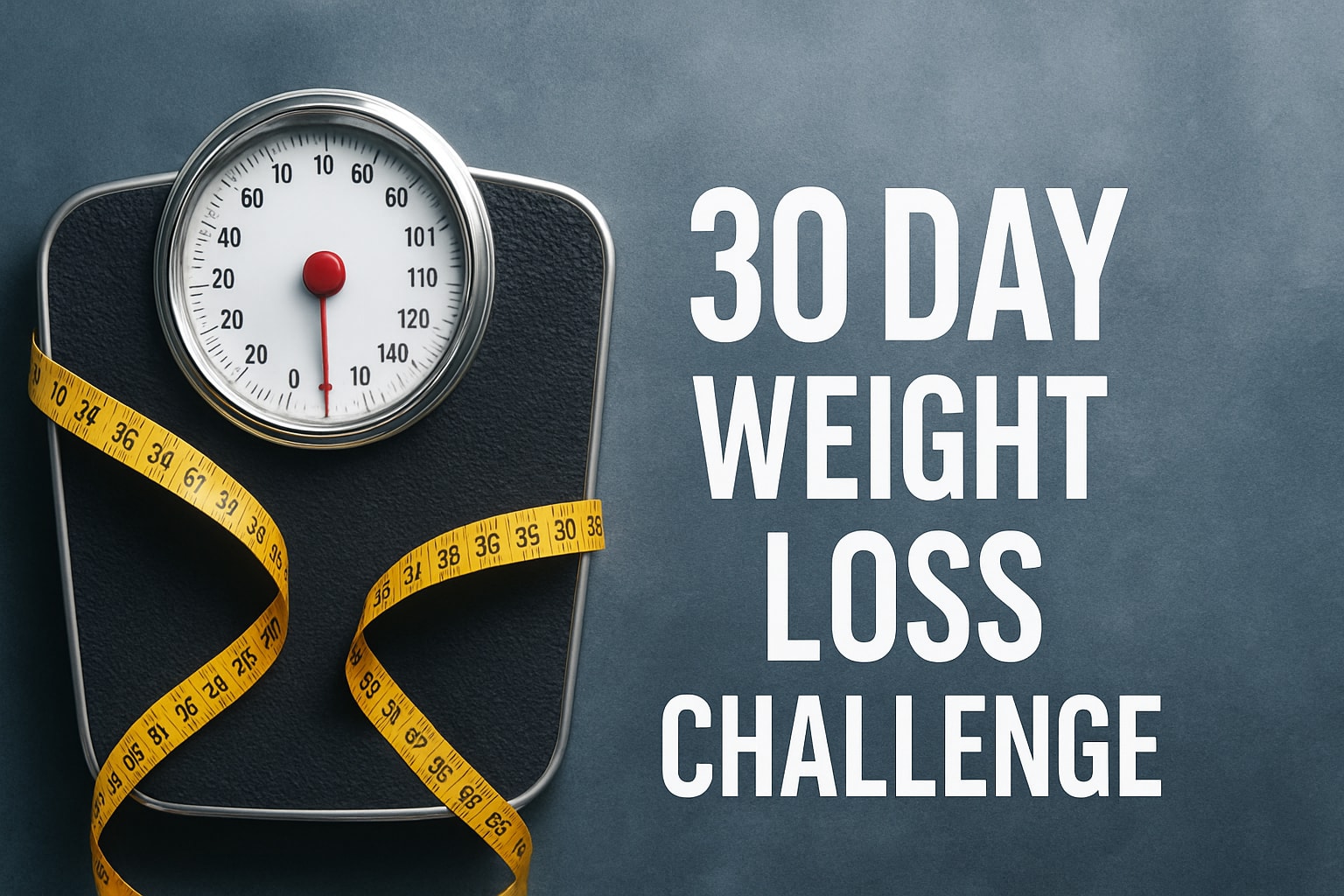Hypnosis has long been touted as a technique to influence behavioral changes, including to quit smoking. Unlike other solutions, it taps into the subconscious mind to address the psychological triggers behind smoking habits.
The technique has garnered significant hype, with celebrities like Matt Damon, Ellen DeGeneres, Drew Barrymore, and Samuel L. Jackson supporting it. In addition, holistic health and wellness communities strongly advocate for its use. The Oneleaf self-hypnosis app provides easy access to sessions designed for those on their journey to quit smoking.

But how exactly can you use hypnosis to quit smoking, and what does the science say?
What is Hypnosis?
Hypnosis isn’t a stage act like you see in movies, it's a validated therapeutic technique that effectively addresses a variety of conditions. Consider it nourishment for your mind, served in a dream-like state. In a typical hypnosis session, you'd sit in a comfortable spot and start breathing deeply, guided by a therapist. They help you relax by asking you to imagine calm, peaceful places and suggest positive ways of thinking to replace old, harmful patterns. This deep state of relaxation, called a trance, helps these new ideas reach your subconscious, where they can stick around longer and be more effective.
Self-hypnosis works similarly but is guided by you instead of a therapist. You put yourself into this relaxed state using meditation-like techniques. Once you're calm and focused, your mind is more open to suggestions. That's when you can gently introduce positive thoughts and goals. When the goal is to leverage hypnosis to quit smoking, this might be something like, "I have the strength to resist cravings," or picturing yourself living a healthier, smoke-free life. Read on to see a sample program from the Oneleaf app.
The Science Behind Hypnosis for Quitting Smoking
Hypnosis has proven to be a powerful way to quit smoking, with strong evidence showing it works better than traditional methods like nicotine patches and counseling. This makes it an excellent option for anyone wanting to stop smoking.
A 2007 meta-analysis published in the International Journal of Clinical and Experimental Hypnosis reviewed 59 studies with over 6,000 participants. It found that hypnosis was more effective than other cessation methods like nicotine replacement therapy and counseling, though the results varied based on individual factors.
A 1994 study in Psychological Reports involved 93 male smokers undergoing hypnosis sessions to quit smoking. After six months, 48% remained abstinent, a significantly higher success rate than those using other quitting methods.
A 2008 randomized trial in the American Journal of Clinical Hypnosis compared hypnosis users to a control group and found a higher abstinence rate of 40% at six months for those who underwent hypnosis. Personal motivation and willingness to quit played a critical role in long-term success.
A 2019 Cochrane Review examined smoking cessation methods, including hypnosis, and determined that while more high-quality studies are needed, hypnosis could offer potential benefits when combined with other strategies like counseling.
Research strongly supports hypnosis as an effective way to quit smoking. As people strive for healthier lifestyles, apps like Oneleaf can be very helpful.
Why Hypnosis May Be Preferable To Quit Smoking
Hypnosis has significant advantages over mainstream methods like nicotine replacement therapy (NRT), counseling, or prescription medications. Here are some reasons why hypnosis might be more preferable for some individuals, supported by scientific insights:
Reason #1: Non-Invasive and Drug-Free
Unlike NRTs, which introduce nicotine into the body to wean smokers off gradually, hypnosis is a non-invasive and drug-free solution. A 2010 study published in Contemporary Hypnosis emphasizes that the drug-free nature of hypnosis can make it a safer choice for those with existing health conditions or individuals who wish to avoid medications altogether.
Reason #2: Targeting Psychological Triggers
Hypnosis addresses psychological triggers directly by influencing the subconscious mind. A 2000 study in International Journal of Clinical and Experimental Hypnosis highlighted that hypnosis could help reduce cravings by altering how smokers perceive smoking, reframing their thoughts to associate it with negative outcomes and building healthier coping strategies.
Reason #3: Holistic Approach
Hypnosis can integrate other behavioral strategies during sessions, like relaxation techniques and stress management, which can have broader health benefits beyond quitting smoking. A 2008 study published in the American Journal of Clinical Hypnosis showed that participants in hypnosis sessions experienced reduced anxiety and stress, which can be significant triggers for smoking.
Reason #4: Addresses Underlying Habitual Behaviors
Rather than just focusing on physical addiction, hypnosis seeks to change the habitual behaviors and thought patterns that drive smoking. This holistic approach can lead to longer-lasting results. A 1992 study from Addictive Behaviors found that those who underwent hypnosis reported a higher rate of sustained abstinence after one year compared to those using NRT alone.
Reason #5: Customizable and Accessible
Hypnosis can be personalized to address each smoker's unique triggers, habits, and goals. Apps like Oneleaf offer self-hypnosis programs that are accessible from home, making this approach more customizable and affordable compared to repeated clinical visits for other therapies.
How Do You Get Started with Using Hypnosis to Quit Smoking?
You don't need to work with a professional hypnotherapist to begin using hypnosis to quit smoking. Self-hypnosis is an excellent starting point to experience the benefits from the comfort of your home. Oneleaf’s quit-smoking program offers a structured approach to guide you through the journey.

Here's what the program covers:
- Empower Your Quit Smoking Journey: Understand the societal traps of smoking and learn effective strategies for managing cravings.
- Debunk Smoking Myths: Address misconceptions and build new habits to handle triggers like boredom.
- Visualize Your Future as a Non-Smoker: Recognize and embrace the health benefits of a smoke-free lifestyle.
- Dispel Past Quitting Failures: Overcome any fears from past attempts and reject the illusion of "just one."
- Craft Your New Identity: Develop your new identity as a non-smoker and seize the moment to make this journey successful.
The first module, Breaking the Smoking Trap, includes seven sessions to help dismantle harmful thought patterns:
- Your Biggest Why (19 minutes)
- The Trap (18 minutes)
- Your Commitment (21 minutes)
- Stress (21 minutes)
- Weight Loss (20 minutes)
- The Power of Nicotine (20 minutes)
- Boredom (15 minutes)
By following Oneleaf’s quit-smoking program, you can take the first steps toward becoming a non-smoker, empowered and motivated to achieve lasting change.
Download the Oneleaf App
The scientific backing and anecdotal evidence all point to hypnosis as a valuable tool for quitting smoking. Success hinges on how it’s practiced and whether it’s combined with other therapies. If you are looking to quit smoking, consider using the Oneleaf app to tap into hypnosis for a successful, smoke-free future.

















